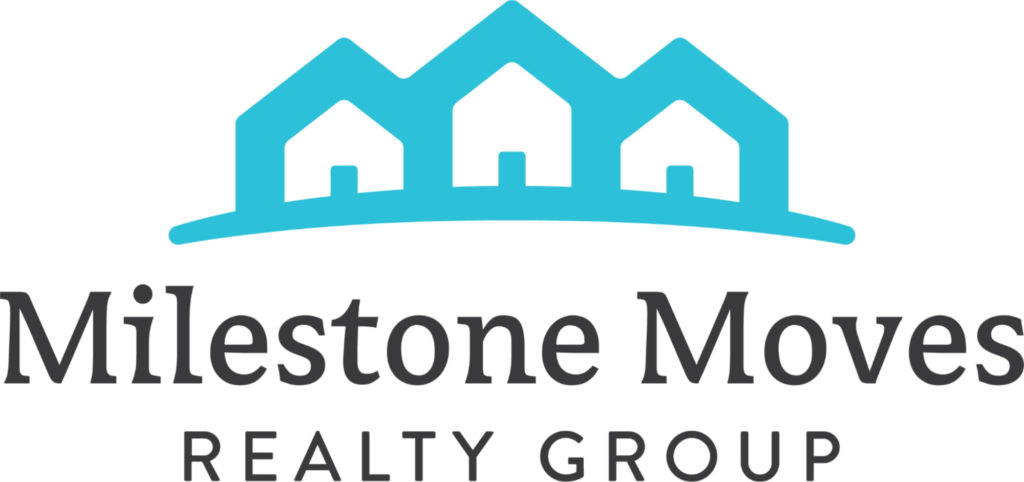Tips for Moving Parents into Assisted Living

Like any significant life change, transitioning to assisted living takes time and thought. It’s not uncommon for you or your loved one to experience worry and anxiety throughout the process. You’ll need to play an active role in the transition to ensure your loved one feels supported.
However, you don’t need to figure it out alone. Here, you’ll find tips to help you navigate both logistically and emotionally when moving a parent into assisted living.
How to Ease the Transition to Assisted Living
The journey to assisted living is often an emotional one, both for you and your loved one. This transition often involves complex feelings and significant life adjustments. The tips in this section were designed to help your loved one come to terms with, and even embrace, the move to assisted living.
How to Start the Conversation
In an ideal world, you’d have the chance to start discussing assisted living well in advance. This gradual approach helps your loved one get accustomed to the idea. Engage in empathetic conversations, focusing on the benefits and how it can enhance their quality of life. Ensure it’s a two-way dialogue, respecting their feelings and opinions.
In situations where a quick transition is needed, approach the conversation with extra sensitivity and clarity. Explain the urgency in a calm and reassuring manner. Emphasize the immediate benefits and the necessity of the move for their well-being. Acknowledge their feelings and offer strong reassurance and support.
Include Your Loved One in the Decision-Making
Whether the decision is made over months or days, involve your parent as much as possible. Let them have a say in choosing the facility, even if options are limited. If the move into assisted living is a decision made over the long term, take them to visit different facilities.
If possible, choose one of the communities they prefer and allow them to have a say in when the move should happen. Feeling a part of the decision-making process can provide a sense of control and ease feelings of helplessness or resentment.
Choose the Right Assisted Living Community
Not every assisted living community is created equally, and finding the right one for your loved one is vital. If your loved one ends up in an assisted living community that isn’t a good fit, it can lead to unnecessary trouble and unhappiness.
To help your loved one feel comfortable with making the transition into an assisted living community, it’s recommended to spend ample time in the selection process. After visiting several communities, create a list of your top five locations and complete the following checklist:
- Talk to staff and administrators
- Visit prospective communities
- Read reviews
- Assess activities and amenities
- Gauge how your loved one will get along with other residents
- Explore meal selection
- Other details important to you and your loved one
Though timelines can sometimes be rushed for various reasons, try to take as much time as possible to choose a community. This decision impacts your loved one in the long term, so it’s important you’re confident in the place you choose.
Visit Often
Remember that moving your loved one into an assisted living community is a significant life change. One of the very best ways you can make the experience fun and normal for them is by regularly spending time with them once they’re moved in.
Many aging adults are intimidated by the thought of transitioning into an assisted living community because they don’t want to be abandoned by their loved ones. Because of this, it’s worthwhile to create a regular schedule for family visits and outings.
Your loved one’s new home may be in a different city or state, but most commonly, an assisted living community is selected nearby, so they can stay close to what matters most — their family. You can spend quality time with your loved one by accompanying them to appointments, having dinner, playing a board game, going on walks, and more.
Encourage Activity Participation
Jumping into a new environment can be draining. However, there’s no better way to help your loved one adjust than encouraging their involvement in offered activities. Participating in activities will help your loved one meet new companions and ensure their cognitive functioning stays intact.
Assisted living communities worldwide offer various activities so aging adults can remain engaged and have fun in their new homes. Many assisted living communities even offer meetups for like-minded residents or those with similar interests. Activities like these can be something to consider when selecting your loved one’s new home.
Applaud Socialization and Community
Humans thrive off socialization no matter their age — encourage your loved one to develop a social life within their new home. While there are many activities available for your loved one to participate in, it’s just as essential to build relationships with other residents and the care team.
Assisted living communities are designed to help your loved one flourish and ensure they’re continuing to live a happy life. Many aging adults build their greatest friendships within these communities, and your loved one can, too.
Tips for Moving Parents into Assisted Living
Moving a parent into assisted living is a journey that requires careful planning and consideration. In this section, we’ll delve into some logistical tips to help ensure your loved one’s move into their new home is as stress-free as possible.
Create a Plan
Start by creating a comprehensive plan. This should include a timeline for the move, a list of tasks to be completed, and a clear understanding of the assisted living facility’s policies and procedures. Knowing move-in dates, visiting hours, and any specific requirements for new residents can help you avoid last-minute rushes and ensure everything is in place when the moving day arrives.
Coordinating with the Facility
Establish a good line of communication with the assisted living facility. Discuss your parent’s specific needs and preferences, and understand how the facility can accommodate them. This might include dietary requirements, medical care, or even room preferences. The more the staff knows about your parent, the better they can help them settle in.
Downsize Before the Move
Downsizing is often a necessary part of moving into assisted living. Approach this process with sensitivity and patience. Work with your parent to decide which personal belongings to take, what to donate, and what might need to be stored or given to family members.
Remember, these items are not just objects; they hold memories and emotional value. Still, you’ll need to help them prioritize what they bring. Assuming their new home is already furnished, they won’t need big furniture items.
Should they want to bring a smaller furniture item — like a special chair, for example — measure the item and see if there’s room for it in the floor plan. Small compromises like this can go a long way. Ask your loved one what smaller items would help make them feel at home, and work out your downsizing plan from there.
Arranging Transportation and Moving Services
Once the downsizing process is complete, it’s time to organize the logistics of the actual move. This includes arranging transportation for your parent and their belongings. Consider hiring professional movers who have experience with senior relocations. They can handle the heavy lifting and ensure that everything is transported safely and efficiently.
If you’re relying on family members with no outside help, consider making a group message to share the details with everyone. Communicate your needs: How many cars are available? Does anyone have a bigger car? Will everyone be available for the entire moving timeframe? These are things you’ll need to know before the day-of.
Setting Up the New Space
Once you have moved your parent’s belongings into the new living space, take the time to set it up in a way that feels familiar and comfortable. You may have to designate 2-3 family members with this process, as some assisted living communities may have a cap on how many visitors can come and go.
If possible, arrange furniture and personal items in a similar layout to their previous home. Consider their activities and how they spend their day. Do they like to watch TV? Make sure the TV is in a position where there’s no glare from the window. Basically, think of small ways to create familiarity. This can be soothing and help ease the transition.
Support Your Loved One in Their Move
Choosing to make the transition into an assisted living community is a big decision. Your loved one will appreciate you being by their side every step of the way.




